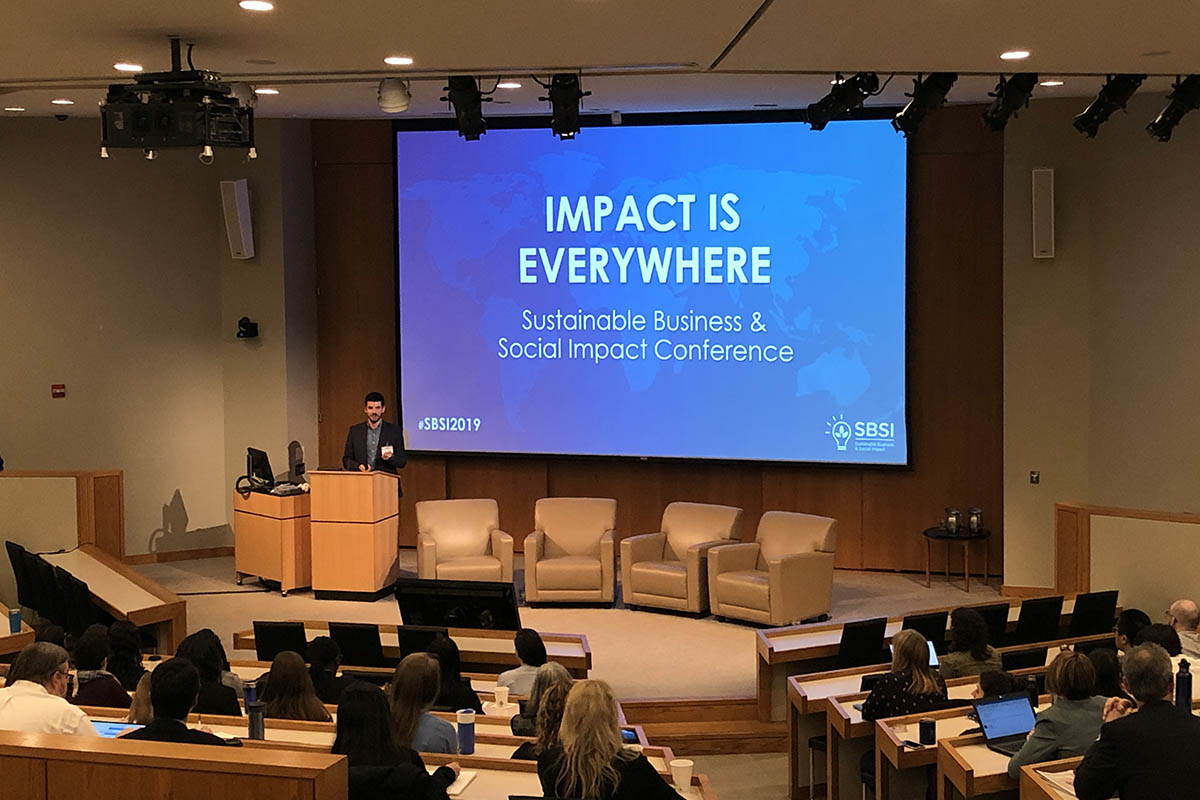Duke Daytime MBA Student Blog

The 3 Most Valuable Lessons I Learned as a Social Entrepreneur
Needless to say that an entrepreneur's life is not all roses, and I learned a lifetime of lessons in this journey. Here are a few I think everyone should know at the beginning.

When I started my MBA, I couldn’t have been more excited about being a social entrepreneur. I have always wanted to create an impact, and I was looking forward to leveraging all the resources available at Fuqua to build an impactful company. Needless to say that an entrepreneur’s life is not all roses, and I learned a lifetime of lessons in this journey. Here are a few I think everyone should know at the beginning.
1. Have your business plan AND your personal plan.
I cannot underline enough the importance of having a business plan in place. Don’t get trapped in the idea of “let’s try it and see what happens.”
In addition, what most people don’t realize is that entrepreneurship requires a tremendous amount of your time. If you have a partner or a family, having time to dedicate yourself to the company can be even more challenging. Before starting this journey, understand the impact of entrepreneurship in your professional and personal life and have a “personal plan” in place. It might be that now is not the best moment to go for it.
2. Understand what the impact is you want to create, and fight for it.
My goal for the company was always clear: to help women in at-risk situations become financially independent. I wanted to give them a work opportunity by sourcing 100 percent of the manufacturing for my company’s products from this group. As I started working I realized that finding and training this workforce was more challenging than I initially thought. Due to the seasonality of my product, sticking to this value would mean losing the first high-demand season for it.
I knew that a market test with real products would leverage my learning curve about the industry and the market, so I decided to make a concession and work with “ethical” suppliers (who pay living wages and provide good working conditions to all employees). My point was that brands should not keep all the profits from the fashion industry while workers live below the poverty line. If you look at the numbers, this is a relevant impact, but it was not the initial one I was looking for. Sometimes you have to make concessions, but make sure you have a plan to go back to what is essential to you as a social entrepreneur—to your “why.”
3. Have a partner who will not always agree with you.
Finding a co-founder is challenging. You need someone who believes in the same “why,” someone as committed as you, someone who you like to work with, and the requirements list keeps growing. But if you have to pick a single attribute in a partner, it must be someone who doesn’t agree with you all the time. Fruitful discussions lead to idea improvement, and you will not have them by talking to people who just say “yes” all the time. Business school is the perfect environment to find someone who disagrees with you and gives you reasons to rethink your boundaries to advance your ideas.
All in all, being a social entrepreneur was one of my favorite experiences at Fuqua. I learned not only valuable lessons but also made powerful connections. As such, I strongly recommend all students to have some entrepreneurial experience during their time at Fuqua. And take advantage of the valuable resources, such as the Center for the Advancement of Social Entrepreneurship, the Center for Entrepreneurship and Innovation, and the Duke MBA Net Impact Club to support you in this journey.



